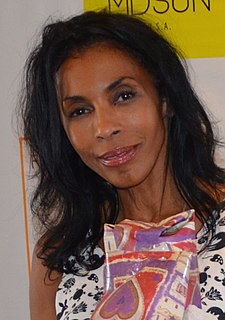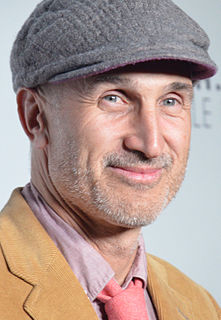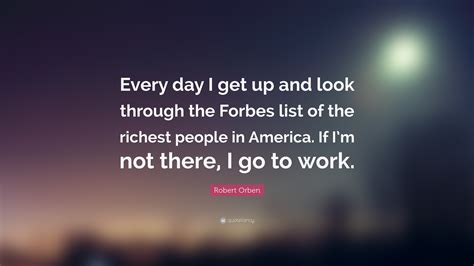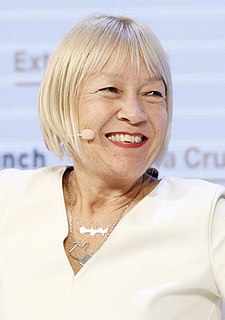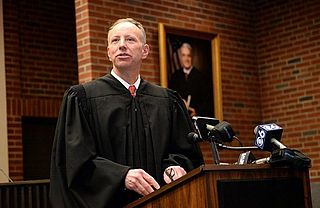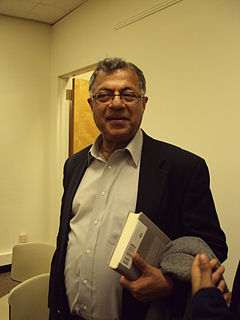A Quote by Jason Alexander
The Middle East is a very difficult stage to play upon. Without doubt, it is a good drama. And on occasion, there are situations so unimaginable, if not ludicrous, as to make them almost comic. But the cast is constantly changing, the audience is often disengaged, and it seems at times that no one is actually running the show.
Related Quotes
We’re constantly changing facts, rewriting history to make things easier, to make them fit in with our preferred version of events. We do it automatically. We invent memories. Without thinking. If we tell ourselves something happened often enough we start to believe it, and then we can actually remember it.
There's kind of a hidden point which isn't being brought out, and that is that it is inconceivable that the U.S. would permit democracy in the Middle East, and for a very simple reason. Just take a look at polls of Arab public opinion. They exist. You can't find them in the press, but they exist from prestigious polling agencies. Released by major institutions. And what they show is that if there was democracy in the Middle East, the entire U.S. program for domination of the Middle East would be down the tube.
On the whole, dialogue is the most difficult thing, without any doubt. It's very difficult, unfortunately. You have to detach yourself from the notion of a lifelike quality. You see, actually lifelike, tape-recorded dialogue like this has very little to do with good novel dialogue. It's a matter of getting that awful tyranny of mimesis out of your mind, which is difficult.
I was born very, very lazy and I don't always practice very long. but I must say, in my defense, that it is not so good, in a musical way, to overpractice. When you do, the music seems to come out of your pocket. If you play with a feeling of 'Oh, I know this,' you play without that little drop of fresh blood that is necessary – and the audience feels it.
I love when there's an obstacle to overcome, even for the audience to actually empathize with that character. I find that interesting, and then, how to work around that and make them relatable. That's something that you have to dig into the moments and into the performances and see how to play those situations that make them relatable.
It always seems to someone outside the business that it is very difficult to write for a comedy show because it must be done quickly. Actually, it is much easier to write this humor than to do a joke or a show from scratch, because the audience knows the plot. Just mention what is going on and then deliver the punch line.
You look at the Koran or the Bible, they all tell the same stories. You see them as the stories of the Middle East. The stories reflect who these people were in the Middle East, and this is where Western culture came from. All our literature is basically influenced by these great myths. So I'm fascinated by it. You could almost say I'm obsessed with it. But if you're asking about the effect of religion on my life - almost everything I do is opposed to the practice of religion.
I believe that the Iraqis have an opportunity now, without Saddam Hussein there, to build the first multiconfessional Arab democracy in the Middle East. And that will make for a different kind of Middle East. And these things take time. History has a long arc, not a short one. And there are going to be ups and downs, and it is going to take patience by the United States and by Iraq's neighbors to help the Iraqis to do that. But if they succeed, it'll transform the Middle East, and that's worth doing.
The world has never before had as much drama as today. Radio, films, television and video inundate us with drama. But while these forms can engage or even enrage the audience, in none of them can the viewer’s response alter the artistic event itselfThat is why theatre is signing its own death warrant when it tries to play too safe. On the other hand, that is also the reason why, although its future often seems bleak, theatre will continue to live and to provoke.




